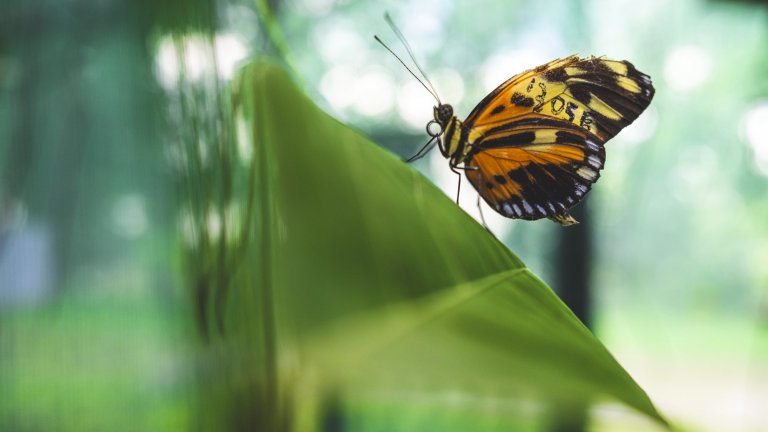
© Thibaut Vergoz / LEEISA / CNRS Images
View the mediaScientific news
From 27 to 31 May, the CNRS is organising Ecology, Environment and Biodiversity Week, to bring together researchers, partners and local players to discuss scientific issues relating to ecology and the protection of our environment.

© Thibaut Vergoz / LEEISA / CNRS Images
View the mediaThe aim of this week is to publicise and recognise the expertise of laboratories and observation and research facilities such as workshop zones (ZA) and observatories for man and the environment (OHM), in the study of socio-ecosystems and in support of decision-making and the resolution of environmental crises. Numerous events will take place throughout France. It gives the general public an opportunity to find out about the research being carried out in CNRS laboratories and facilities, and how this research often directly addresses local issues.
This is an opportunity for us to offer you a selection of recent productions on these themes.
Our work is guided by the way scientists question the world around them and we translate their research into images to help people to understand the world better and to awaken their curiosity and wonderment.